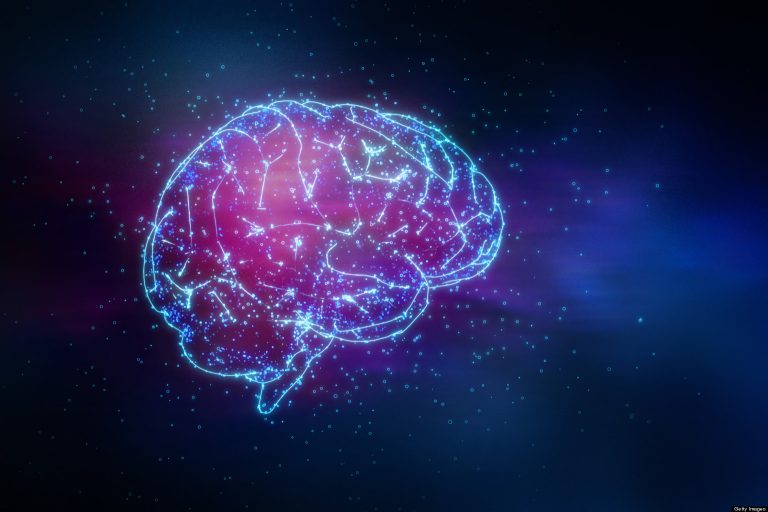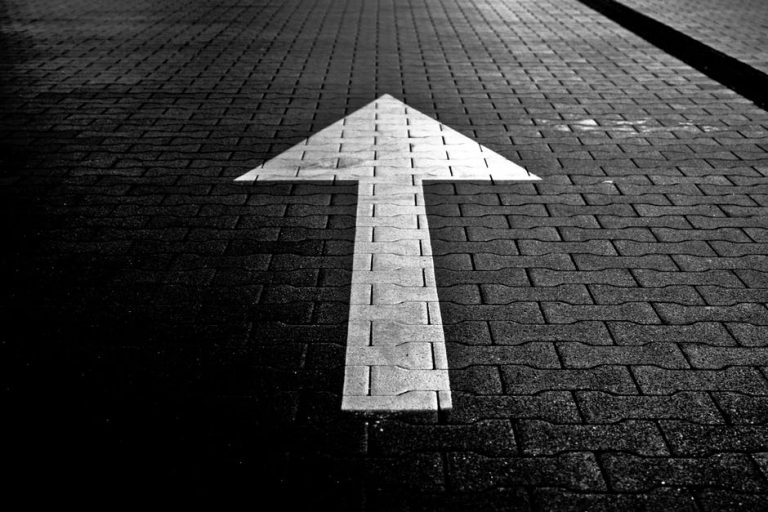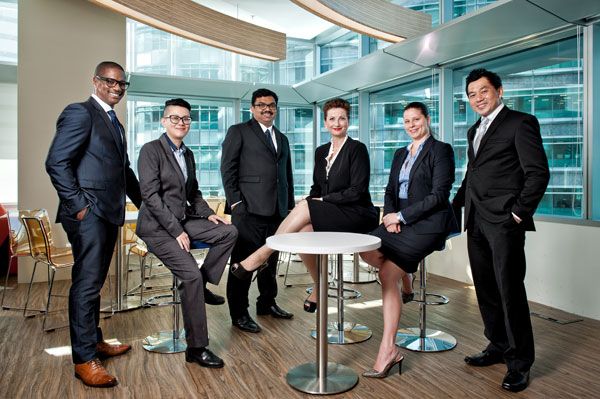Britain’s vote to leave the EU has triggered much reaction around the world. In itself, the markets’ reaction to the result of their referendum is a comment about the connected, interrelated, interdependent world we live in today.
Contrary to what the Brit’s may have thought, no man is an island …
The referendum, which was British Prime Minister, David Cameron’s, idea has provided some lessons we would do well to learn.
Before considering what we can learn, I must point out that I do not consider myself qualified to comment on the merits of whether Britain should have remained in the EU or not. That is a job for more informed commentators. The points I wish to make are based on what has now happened and not what I believe should or shouldn’t have happened.
Democracy is not necessarily the best option
It seems that, in proposing a referendum, Cameron assumed that the British public would vote to remain in the EU and that this would, once and for all, settle the matter. But, in our increasingly complex, multifaceted, globally connected, highly disrupted world, democracy, where the majority decides, has become a somewhat blunt instrument. While democracy may seem to be the best we have at the moment, its one flaw is that the majority do not necessarily make the best choice.
If it would have been better for the Brits – and for the rest of the world – that they remain in the EU, maybe the democratic process was the wrong process to use to arrive at this decision. After all, what do you and I REALLY know about something like that? Those of us who have a tertiary education, work experience and a dose of common sense don’t actually know what would have been the best decision to make so, if we had been the ones voting, would we have known what the best decision should have been? Probably not.
How, then, could Cameron expect the masses of uneducated people, the politically uninformed rural population and the insecure and afraid elderly (which is forming an increasing percentage of their population) to vote in the best interests of the country’s future generations?
The lesson for us? Make sure you use the most appropriate, most effective means when undertaking something of strategic importance in your company or your family.
Of course, there’s another deeper lesson for all of us …
Everybody regards democracy as the best option and anybody seen to be “antidemocratic” is regarded as a threat to society. But put down your axe and crazy head dress for a minute and ask yourself the simple question: is democracy STILL, after all these thousands of years, the best we can do? Sure, democracy’s been around since the turn of the fifth century BC, but maybe it’s time, for a Democracy 2.0 version of the now original rather blunt edged Democracy 1.0 that has probably passed its sell-by date.
Follow Cameron’s example
Now that the British public have made their choice, Cameron has accepted responsibility for his actions and tendered his resignation as Prime Minister. What an example he has set for other people in public office!
Needless to say, this fine example will have been missed by the large numbers of greedy, self-seeking politicians and executives around the world who are only in their positions to get as much as they can for themselves, regardless of the cost to their countries and companies.
We need more people in the world who have the courage and the integrity to take responsibility for their actions no matter what the cost or consequences.
Before you start pointing fingers at politicians and executives, though, ask yourself whether you’re prepared to take responsibility for your actions – all of them. Then listen carefully to the answer you hear in the quiet place in your heart where the truth lives!
Alan Hosking is the publisher of HR Future magazine, www.hrfuture.net, @HRFuturemag, and a professional speaker. He assists executives to prevent, reverse and delay ageing, and achieve self-mastery so that they can live and lead with greatness.
























